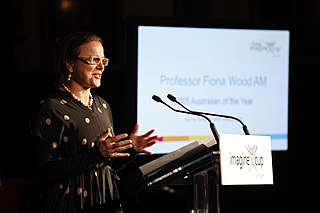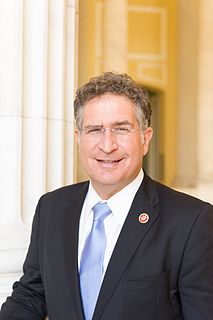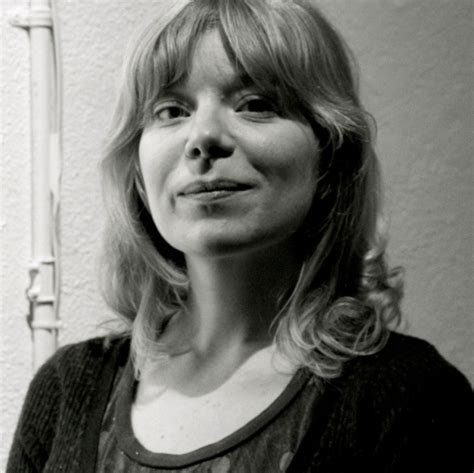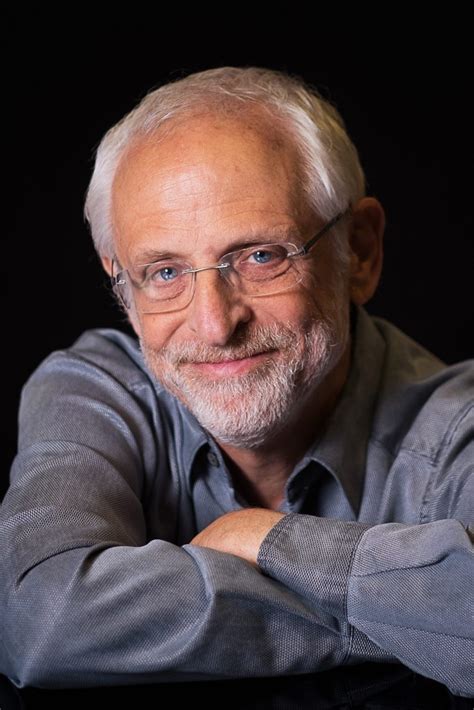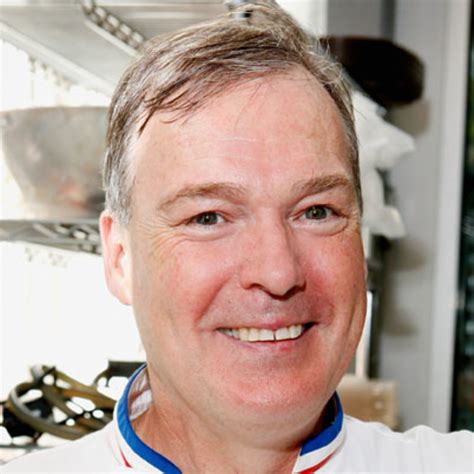A Quote by Ben Rhodes
For more than fifty years, our policy towards Cuba was not making life better for Cubans. In many ways, it was making it worse.
Related Quotes
People can lose so much skin that it has a huge effect on the body and when they scar they are affected for life. I've worked in this area and have for years tried to improve spray on skin cells, but this is just one part of the jigsaw towards making it better. We needed to get it on quicker then we can reduce the scarring. That's my motivation, my drive towards making it better.
At one time or another the more fortunate among us make three startling discoveries. Discovery number one: Each one of us has, in varying degree, the power to make others feel better or worse. Discovery two: Making others feel better is much more fun than making them feel worse. Discovery three: Making others feel better generally makes us feel better.
When you’re living by default, you’re automatically reacting to life in habitual ways, many of which may be limiting you and your life. In contrast, living deliberately means making more conscious and constructive life choices. When you’re living deliberately, you’re living from a position of responsibility; you’re making choices with greater awareness. You’re taken yourself off autopilot, so you’re better prepared to align your actions with the results you want to achieve.
Disruptive technology is a theory. It says this will happen and this is why; it's a statement of cause and effect. In our teaching we have so exalted the virtues of data-driven decision making that in many ways we condemn managers only to be able to take action after the data is clear and the game is over. In many ways a good theory is more accurate than data. It allows you to see into the future more clearly.
Fifty years ago, historians advised politicians and policy-makers. They helped chart the future of nations by helping leaders learn from past mistakes in history. But then something changed, and we began making decisions based on economic principles rather than historical ones. The results were catastrophic.
Faith leaders, young people, American companies, human rights advocates, and many others have demonstrated a unique interest in our Cuba policy. But no community cares more deeply about these issues than Cuban Americans - young and old - who have maintained a profound interest in Cuba and an abiding faith in the Cuban people.
The decision to get married will impact one's life more deeply than almost any decision in life. Yet people continue to rush into marriage with little or no preparation for making a marriage successful. In fact, many couples give far more attention to making plans for the wedding than making plans for marriage. The wedding festivities last only a few hours, while the marriage, we hope, will last for a lifetime


